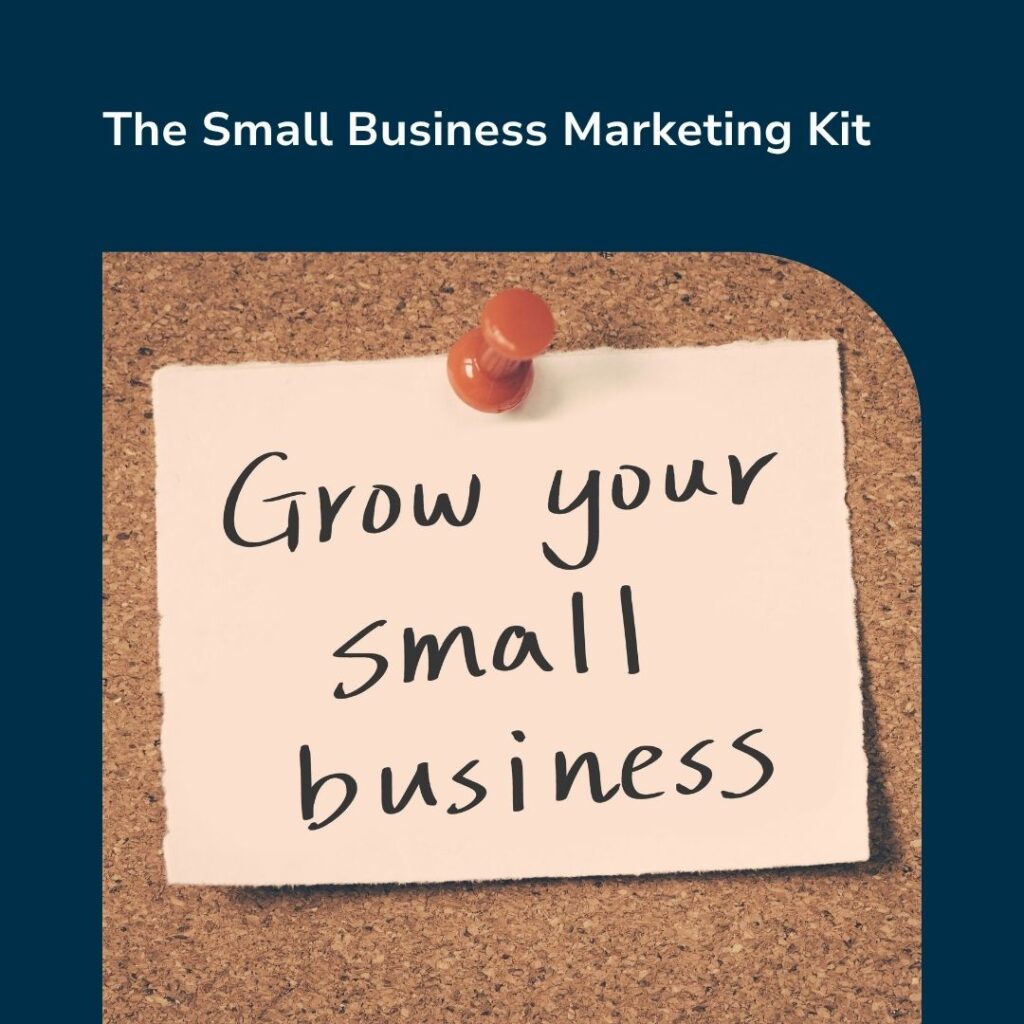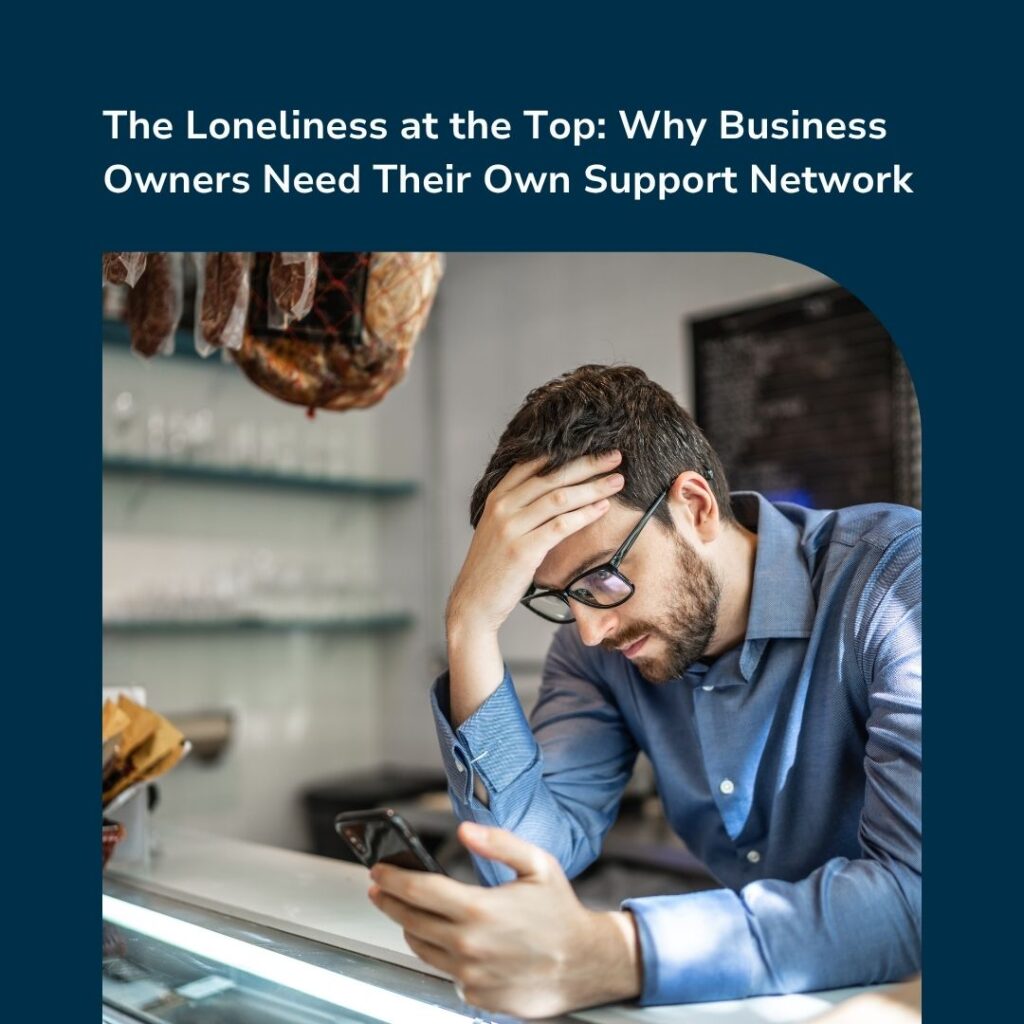A variety of firms operate in the construction and property sector, ranging from large-scale commercial construction companies to small, one-project-at-a-time home renovation corporations.
Even in the face of a huge housing scarcity and strong demand, competition persists throughout the construction sector, regardless of location.
Successful businesses in the property and construction industry know how to develop a strong brand.
A well-defined brand can help you attract more customers, increase your market share, and stand out from the competition.
In this blog post, we will discuss the steps that you need to take to create a successful brand for your business.
Build From The Ground Up
With any business, it’s critical to identify the underlying drivers that create the brand and to define the audience it will serve and the promises it will make—not to mention its capacity to keep its word.
Analysing the brand’s goals and motivation is an essential first step in developing a great brand identity: what is the mission statement? Who are your target consumers? What overall end goal does the brand have?
Taking the time to ensure that these elements are documented and understood is like laying the groundwork for a building: it’s difficult to develop a brand identity without first determining your goals.
Research Your Competition
There’s a lot of competition in the construction industry.
Despite the fact that excellent construction firms are always in demand, it’s critical not to solely rely on that demand and overlook researching your competitors.
It isn’t simply a question of figuring out which other firms provide comparable services to your target audience; you also want to keep from seeming too much like another firm, which might be confusing for your customers and undermine your attempts to establish a distinct brand identity.
Compile information about your local competition, including their speciality, expertise, target audience, and visual branding elements such as colours, fonts, and designs they employ in their branding. – it’s critical to understand these things so you don’t inadvertently use them.
Use a Tagline
If you don’t want to use a “high-quality” term in your company name, consider including one in the tagline—a short statement attached to your business name/logo that summarises the qualities of your company.
In most industries, headline slogans aren’t common practice, but they’re a fantastic way for a construction company to extend its brand identity and take full advantage of its branding as a whole.
Logo Design
Your company logo is a crucial component of your corporate branding since it is the primary visual identifier for the brand. Your logo is typically the first graphical indicator that captures or attracts a potential consumer’s attention, and it represents the most common connection between the business and its customers.
Creating a logo that is accurate, distinctive, and remembered is critical to building your property or construction company’s brand identity.
Other elements come into play while designing a great construction company logo, but the most essential thing is to make sure it accurately reflects the branding you want to express.
Colours Matter
Colour choice is one of the most essential aspects to consider while developing your company’s brand identity; the colour you choose may have an impact on how consumers perceive your business, as well as appealing to your target demographic and even encouraging them to seek out your company.
The most popular colour for property or construction companies is black, which is associated with strength, no-nonsense, streamlined design, and straightforwardness.
Blue comes in at a close second, signifying being trustworthy, dependable, and calm—all desirable qualities in the construction industry.
While you don’t have to focus on the most popular colours when picking a brand identity, you should keep in mind and understand why they are so popular and used.
Focus on Location
In terms of location, it’s critical for housing, and it’s crucial for a property or construction company.
Unlike many other industries, building services are not usually outsourced or purchased online; instead, they are completed hands-on in the open by individuals.
Making local appeal a focal point for a company establishing its brand identity is critical. Consider incorporating your local community in your company name or tagline, or talk about it elsewhere in branded materials and advertising.
Many businesses also urge their customers to “Hire local” and “Contact your local business.” It makes sense for a brand identity to thrive on customer loyalty if you create a strong sense of community.
Design For Your Audience
We’ve discussed the importance of focusing on your specialities, making promises that you can keep, and keeping the local flavour at the heart of your business, but another approach to safeguard your brand is to make sure it’s tailored to your target demographic.
In a nutshell, make sure you have a clear understanding of your target audience and what it wants, then build your brand identity in a manner that appeals to them.
Communicate With Your Audience
Additionally, you must ensure that your marketing materials effectively reach out to your target demographic. This entails determining where you spend your money.
You wouldn’t advertise in construction publications if your target audience is young, first-time home buyers, for example, but rather focus on social media.
It also implies deciding on the most effective approach to communicate.
The demographic composition of your audience will determine whether you use social media, email, print advertisements, or your company’s website to deliver your message.
Wrapping Up
A well-designed and properly executed brand identity is critical to the success of any business, especially in the property or construction industry.
By ensuring that your logo accurately reflects your company, using colours that appeal to your target demographic, focusing on location, and tailoring your brand identity to your audience, you can set yourself up for a successful future where your company will grow and thrive.









